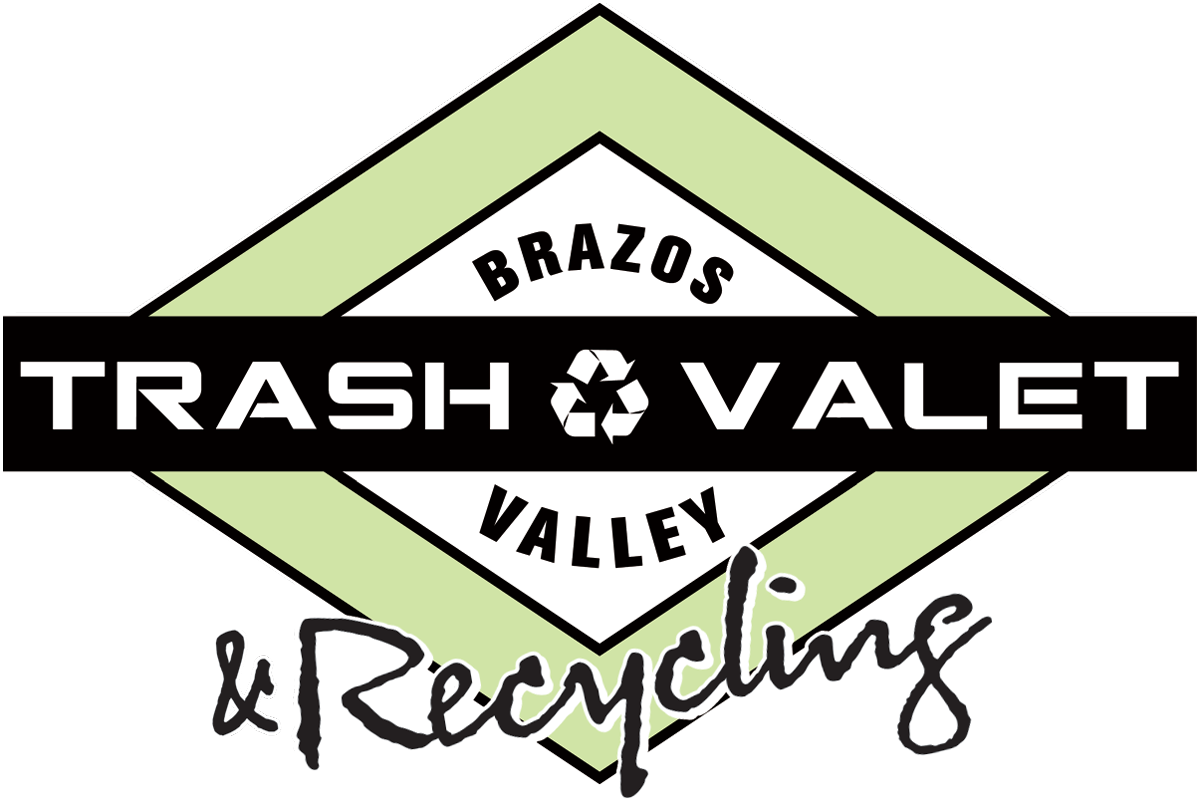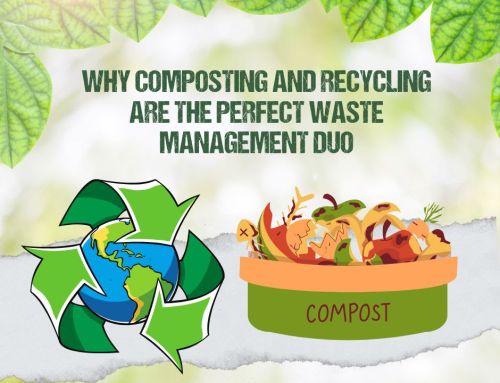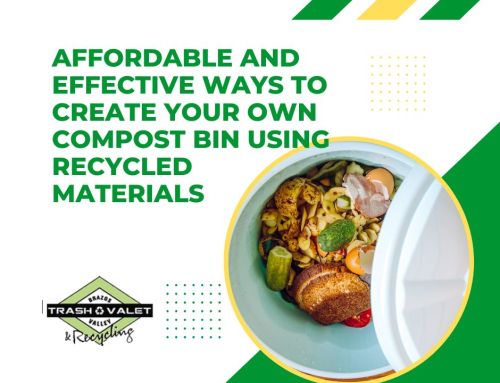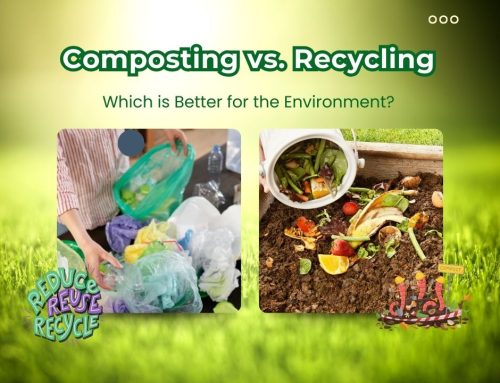Sustainable Lawn Care: How Composting Can Improve Your Garden and Reduce Waste
In the quest for a lush, green garden, many homeowners turn to fertilizers and other chemical solutions. However, there’s a more sustainable and environmentally friendly way to care for your lawn and garden—composting. Composting not only helps reduce the amount of yard waste sent to landfills, but it also enriches your soil, resulting in healthier plants and a more vibrant garden. Let’s dive into the benefits of composting yard waste and how it can transform your lawn care routine.
Turning Waste into Valuable Resources
Composting is the natural process of breaking down organic materials like leaves, grass clippings, and kitchen scraps into a nutrient-rich substance known as compost. Instead of tossing yard waste into garbage bins and contributing to overflowing landfills, you can turn this waste into something beneficial for your garden. By composting, you’re effectively recycling your yard waste and closing the loop in your garden’s ecosystem.
Enhancing Soil Health
One of the greatest benefits of composting is the improvement it brings to your soil. Compost is often referred to as “black gold” because of its ability to enhance soil structure, increase its water retention capacity, and provide essential nutrients to plants. When added to your garden beds or spread across your lawn, compost enriches the soil with organic matter, promoting healthier plant growth. This leads to stronger, more resilient plants that are better equipped to resist pests and diseases.
Reducing the Need for Chemical Fertilizers
Chemical fertilizers may offer a quick fix for nutrient-deficient soil, but they can have long-term negative effects on the environment, such as polluting waterways and harming beneficial insects. Compost, on the other hand, provides a slow-release source of nutrients, ensuring your plants receive a steady supply over time. This reduces or even eliminates the need for synthetic fertilizers, making your lawn care practices more sustainable and eco-friendly.
Lowering Greenhouse Gas Emissions
Yard waste that ends up in landfills decomposes anaerobically (without oxygen), producing methane—a potent greenhouse gas that contributes to climate change. By composting your yard waste at home, you can significantly reduce methane emissions. When composted properly, organic waste breaks down aerobically (with oxygen), minimizing harmful emissions and reducing your carbon footprint.
Reducing Landfill Contributions
According to the Environmental Protection Agency (EPA), yard trimmings and food scraps make up a significant portion of the waste that ends up in landfills. By composting your yard waste, you’re directly reducing the amount of material that contributes to landfill overflow. This not only helps conserve landfill space but also cuts down on the environmental impact associated with waste disposal.
Easy and Cost-Effective
Starting a compost pile or bin in your backyard is surprisingly easy and cost-effective. All you need is a designated space, a mix of “greens” (like grass clippings and vegetable scraps) and “browns” (like dried leaves and branches), and a little bit of patience. Over time, with regular turning and maintenance, these materials will break down into rich compost that you can use throughout your garden. Plus, unlike chemical fertilizers, compost is free to produce—saving you money while benefiting your garden.
Promoting Biodiversity
Healthy soil is teeming with life. Compost introduces a diverse array of microorganisms, fungi, and insects to your garden’s soil, creating a thriving ecosystem. These organisms help break down organic matter, aerate the soil, and support plant growth. By composting, you’re not only improving your garden’s health but also promoting biodiversity right in your backyard.
Conclusion
Composting is a simple yet powerful way to make your lawn care routine more sustainable. By turning yard waste into nutrient-rich compost, you’re enhancing your soil’s health, reducing the need for chemical fertilizers, lowering greenhouse gas emissions, and contributing to a cleaner environment. Whether you’re a seasoned gardener or just starting out, composting is a rewarding practice that benefits both your garden and the planet. So, as you rake up those leaves or mow the lawn, consider starting a compost pile—you’ll be amazed at the positive impact it can have.
Share This Story, Choose Your Platform!
Sustainable Lawn Care: How Composting Can Improve Your Garden and Reduce Waste
In the quest for a lush, green garden, many homeowners turn to fertilizers and other chemical solutions. However, there’s a more sustainable and environmentally friendly way to care for your lawn and garden—composting. Composting not only helps reduce the amount of yard waste sent to landfills, but it also enriches your soil, resulting in healthier plants and a more vibrant garden. Let’s dive into the benefits of composting yard waste and how it can transform your lawn care routine.
Turning Waste into Valuable Resources
Composting is the natural process of breaking down organic materials like leaves, grass clippings, and kitchen scraps into a nutrient-rich substance known as compost. Instead of tossing yard waste into garbage bins and contributing to overflowing landfills, you can turn this waste into something beneficial for your garden. By composting, you’re effectively recycling your yard waste and closing the loop in your garden’s ecosystem.
Enhancing Soil Health
One of the greatest benefits of composting is the improvement it brings to your soil. Compost is often referred to as “black gold” because of its ability to enhance soil structure, increase its water retention capacity, and provide essential nutrients to plants. When added to your garden beds or spread across your lawn, compost enriches the soil with organic matter, promoting healthier plant growth. This leads to stronger, more resilient plants that are better equipped to resist pests and diseases.
Reducing the Need for Chemical Fertilizers
Chemical fertilizers may offer a quick fix for nutrient-deficient soil, but they can have long-term negative effects on the environment, such as polluting waterways and harming beneficial insects. Compost, on the other hand, provides a slow-release source of nutrients, ensuring your plants receive a steady supply over time. This reduces or even eliminates the need for synthetic fertilizers, making your lawn care practices more sustainable and eco-friendly.
Lowering Greenhouse Gas Emissions
Yard waste that ends up in landfills decomposes anaerobically (without oxygen), producing methane—a potent greenhouse gas that contributes to climate change. By composting your yard waste at home, you can significantly reduce methane emissions. When composted properly, organic waste breaks down aerobically (with oxygen), minimizing harmful emissions and reducing your carbon footprint.
Reducing Landfill Contributions
According to the Environmental Protection Agency (EPA), yard trimmings and food scraps make up a significant portion of the waste that ends up in landfills. By composting your yard waste, you’re directly reducing the amount of material that contributes to landfill overflow. This not only helps conserve landfill space but also cuts down on the environmental impact associated with waste disposal.
Easy and Cost-Effective
Starting a compost pile or bin in your backyard is surprisingly easy and cost-effective. All you need is a designated space, a mix of “greens” (like grass clippings and vegetable scraps) and “browns” (like dried leaves and branches), and a little bit of patience. Over time, with regular turning and maintenance, these materials will break down into rich compost that you can use throughout your garden. Plus, unlike chemical fertilizers, compost is free to produce—saving you money while benefiting your garden.
Promoting Biodiversity
Healthy soil is teeming with life. Compost introduces a diverse array of microorganisms, fungi, and insects to your garden’s soil, creating a thriving ecosystem. These organisms help break down organic matter, aerate the soil, and support plant growth. By composting, you’re not only improving your garden’s health but also promoting biodiversity right in your backyard.
Conclusion
Composting is a simple yet powerful way to make your lawn care routine more sustainable. By turning yard waste into nutrient-rich compost, you’re enhancing your soil’s health, reducing the need for chemical fertilizers, lowering greenhouse gas emissions, and contributing to a cleaner environment. Whether you’re a seasoned gardener or just starting out, composting is a rewarding practice that benefits both your garden and the planet. So, as you rake up those leaves or mow the lawn, consider starting a compost pile—you’ll be amazed at the positive impact it can have.




